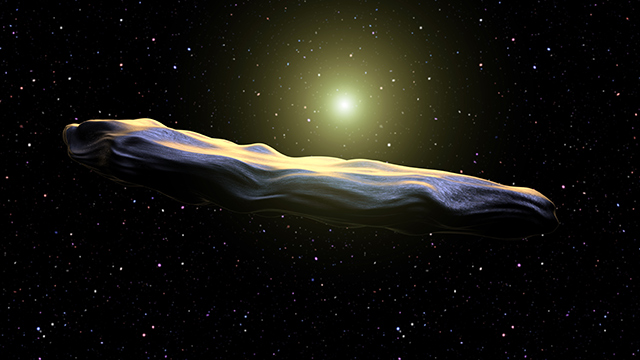
The late, great Stephen Hawking understood the value of life. Life on Earth, for him, wasn't supposed to last as long as it did. And during his borrowed time, he spoke about many different subjects, one of which was about the need for humanity to leave Earth itself and move to other planets in outer space.
In Hawking's view, humanity's future lied in outer space, where new settlements could be started for the purpose of prolonging human civilization itself. It seemed like the famed British physicist couldn't go a day without thinking of how, where, and why the human race needed to move outside of their home planet to find another home somewhere. It was like he breathed to tell everyone to leave Earth in between theorizing about black holes and other space phenomena.
But there was a reason for his advocacy. "We are running out of space, and the only place we can go to are other worlds," Hawking once said in a video livestream in 2017. "It is time to explore other solar systems. Spreading out may be the only thing that saves us from ourselves. I am convinced that humans need to leave Earth."
It's no secret that the Earth itself has a lifespan of its own, just like humans. And while it may take a long, long time for it to eventually come to and end, it will. As such, it's best to be prepared for what everyone knows will inevitably happen.
As for Hawking, it was his view that a clear timeline should be followed in order to maximize the chances of humanity's survival. He set out an actual timeline, with milestones, that would indicate that the human race was making progress with regards to becoming a space-faring civilization. He wanted to see humans build a human colony on the moon within 30 years, following that one up with a Mars-based colony just a few decades afterwards. And within the next 200 to 500 years, it is said that he wanted humanity to prepare to really venture out to other worlds in the furthest reaches of space. (Related: Elon Musk: Mars must be colonized as a potential escape route in case of WW3.)
To the late physicist's credit, he remained consistent in his views regarding this subject for a long time. In one statement that was issued in January 2016, Hawking said that "most of the threats we face come from the progress we've made in science and technology," and that space colonization was clearly the way out, as it were, to save ourselves from inevitable destruction.
Meanwhile, he was announced as one of the board members of Breakthrough Starshot in April 2016, which reportedly aimed to use certain nanocrafts in order to leave Earth and somehow make it all the way to Alpha Centauri, the closest star to the Earth's solar system, within the next 20 years. At a Starshot press conference, Hawking said that he supported the venture because of one simple thing: "Earth is a wonderful place, but it might not last forever."
He had made plenty of brilliant contributions to modern science, and today's scientists use his ideas and theories for reference in their own work, as will scientists of the future. Perhaps it's time, as a collective civilization, to take his ideas on Earth's demise and possible solutions for the future seriously.
Read more stories related to our efforts to go to outer space at Space.news.
Sources include:
Please contact us for more information.





















